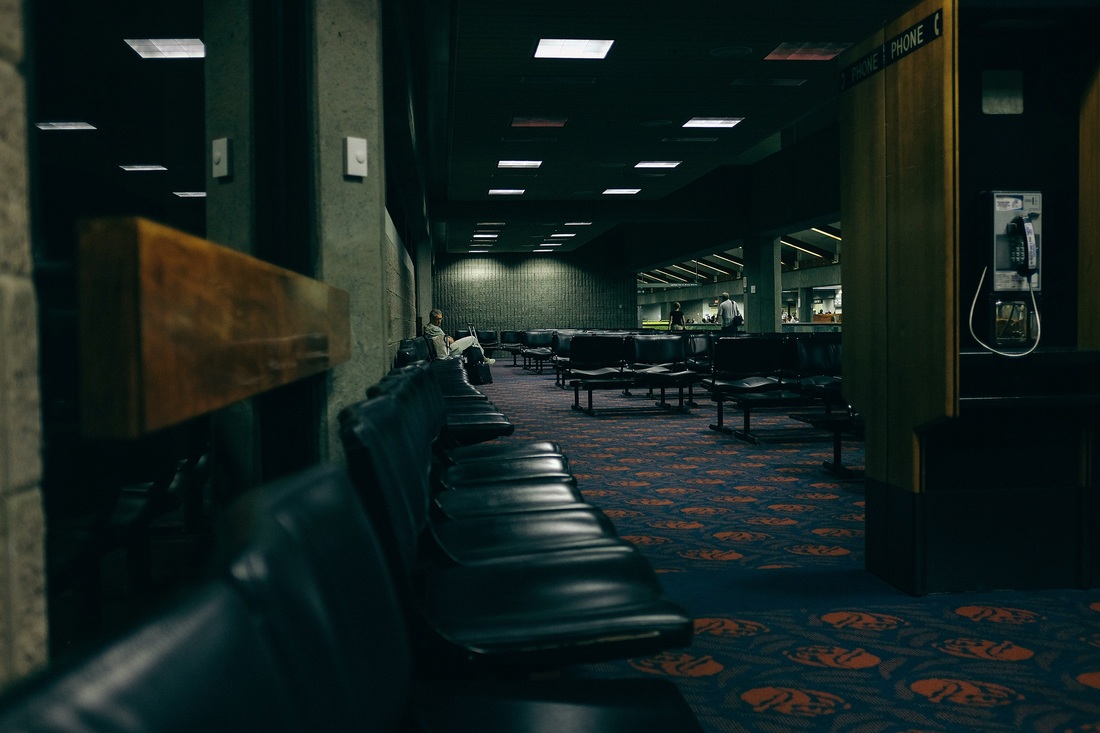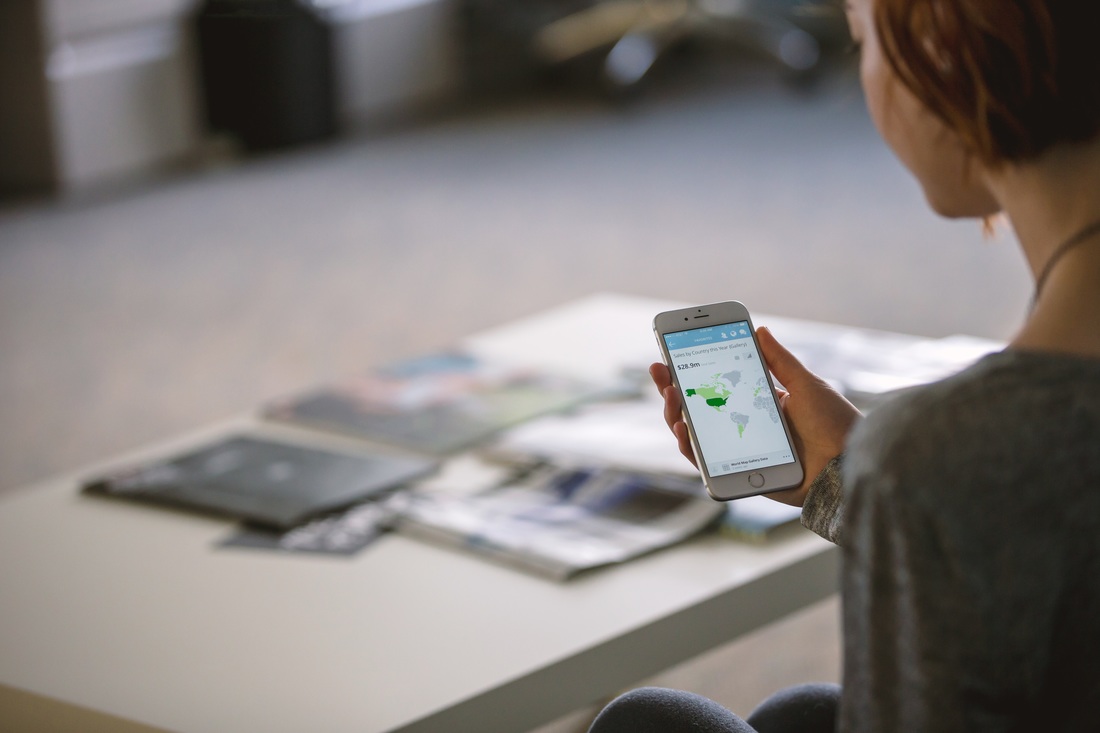|
“The old order changeth; yielding place to new, And God fulfills himself in many ways, Lest one good custom should corrupt the world” – Lord Tennyson Not too long ago, a young lady waited outside the clinic door anxious to know whether she had or did not have breast cancer. Inside was a raging debate within the healthcare team whether the lady needed to be examined only to be told that she did not have any breast cancer. She had been examined a week before, had specialised X-rays, scans and even a small biopsy from a suspicious area and was all clear. “Not reassuring”, the nurse protested when she learnt that the lady, who now stood biting her lip would not need to go through the entire ritual of being undressed, covered with a gown, lay on the bed, examined only to be told that she had got the “all clear”. In decades of her practise, no one had ever exited this centre of excellence without a thorough examination. In the end the young lady only when she voluntary relinquished her "right" to be examined, was the good news was broken to her. It was needless to say that the sigh of relief and the radiance of joy on her countenance dissipated any remote thoughts of an incomplete consultation. She thanked the team profusely for the meticulous care taken of her and walked off in her merry ways. In some ways this was the birth of a new order. Hippocrates wrote: “It is more important to know what sort of person has a disease than to know what sort of disease a person has.” It is quite unthinkable to make any healthcare decision regarding the person, without physically being in close proximity of the person.All this is beginning to change. Some of the physical healthcare interactions are superfluous both to the pocket and to the body as well as mind. With dwindling resources, it is now prudent to divest non-essential expenses both financial and non-financial more gainfully. For a gainfully employed person, self or otherwise, it is a matter of taking time off, spending time and money on transport and finding and further spending on parking, subsistence and then on reaching to be told that the clinic has been delayed. In the end, it may just be a small reassuring consultation. This can be done from home, work or anywhere and we have the technology available. If there is a need then there is always the opportunity to visit healthcare professionals. In certain conditions like cystic fibrosis, this is a boon as a hospital visit maybe risky for fear of infections. The world of technology has been moving at breakneck speed in producing applications so much that one can have all the information and literally self-manage his health in his hands. There are about a million apps in the market; multiple methods of monitoring physiological variables and even treat the body and mind if necessary. This is where the question lies. Can we rely on technology to treat us, or do we need the old fashioned health care professional to talk to us, understand our individual needs and take decisions. Though technology is fast emerging as a very useful ancillary in patient management, it is still not able to replace the health care professional. Of the applications available, some are definitely very promising and have made the work of the healthcare provider easier. Telemedicine and real-time monitoring has enabled early and decisive interventions that avert hospital admission and catastrophies. In a health system that is stretched these definitely are emerging as necessities. Mental health is another area where organisation of services is very difficult. The jury is out whether the “app can cure the mind”. Though there is a significant increase in people becoming `connected`, there is a large section of people that is not particularly internet and computer savvy, which is a challenge. But overall the rise of the new age precision medicine has given the healthcare provider a unique opportunity to provide better healthcare at lower costs. In conclusion, both systems can coexist harmoniously and every effort must be made to provide options to people to determine their own means of interaction without fear or prejudice. This needs a very careful approach, understanding and empathy regarding dealing with people. We always seem to forget the healthcare providers will need support, training and medico-legal protection to execute what will be new age medicine with the empowered patient.
0 Comments
Leave a Reply. |
AuthorsDebashis Archives
December 2016
|




 RSS Feed
RSS Feed
